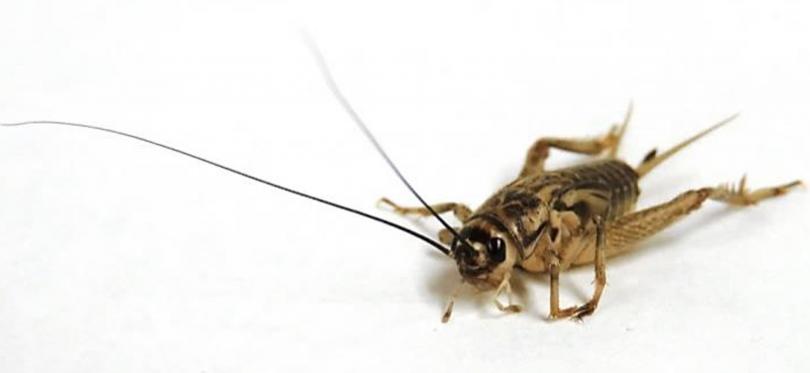 Ned Dochtermann | Dochtermann Lab
Ned Dochtermann | Dochtermann Lab
Abstract:
While behavioral syndromes are frequently argued to represent an optimal outcome of correlated selection, they also have the potential to constrain evolutionary responses. Via intraspecific and interspecific comparisons we attempted to determine whether behavioral variation was distributed in a manner consistent with either (or both) of these explanations. We compared the distribution of genetic variation across four populations of field crickets (Gryllus integer) and for seven behavioral measures. The distribution and orientation of genetic variation was conserved across populations and divergence among populations was constrained to a shared direction in multivariate space. We then compared the distribution of behavioral variation across five species of crickets and identified a strong phylogenetic signal. Combined, these intra- and interspecific comparisons are consistent with behavioral syndromes acting as constraints on evolutionary outcomes. Finally, in a natural population of deer mice (Peromyscus maniculatus) we compared the orientation of behavioral variation with the direction of selection acting on the population. We found that the distribution of behavioral variation was inconsistent with our a priori predictions. These three independent results suggest that intuitive adaptive explanations may be insufficient to explain the ubiquity of behavioral syndromes.
Check out the seminar here!


